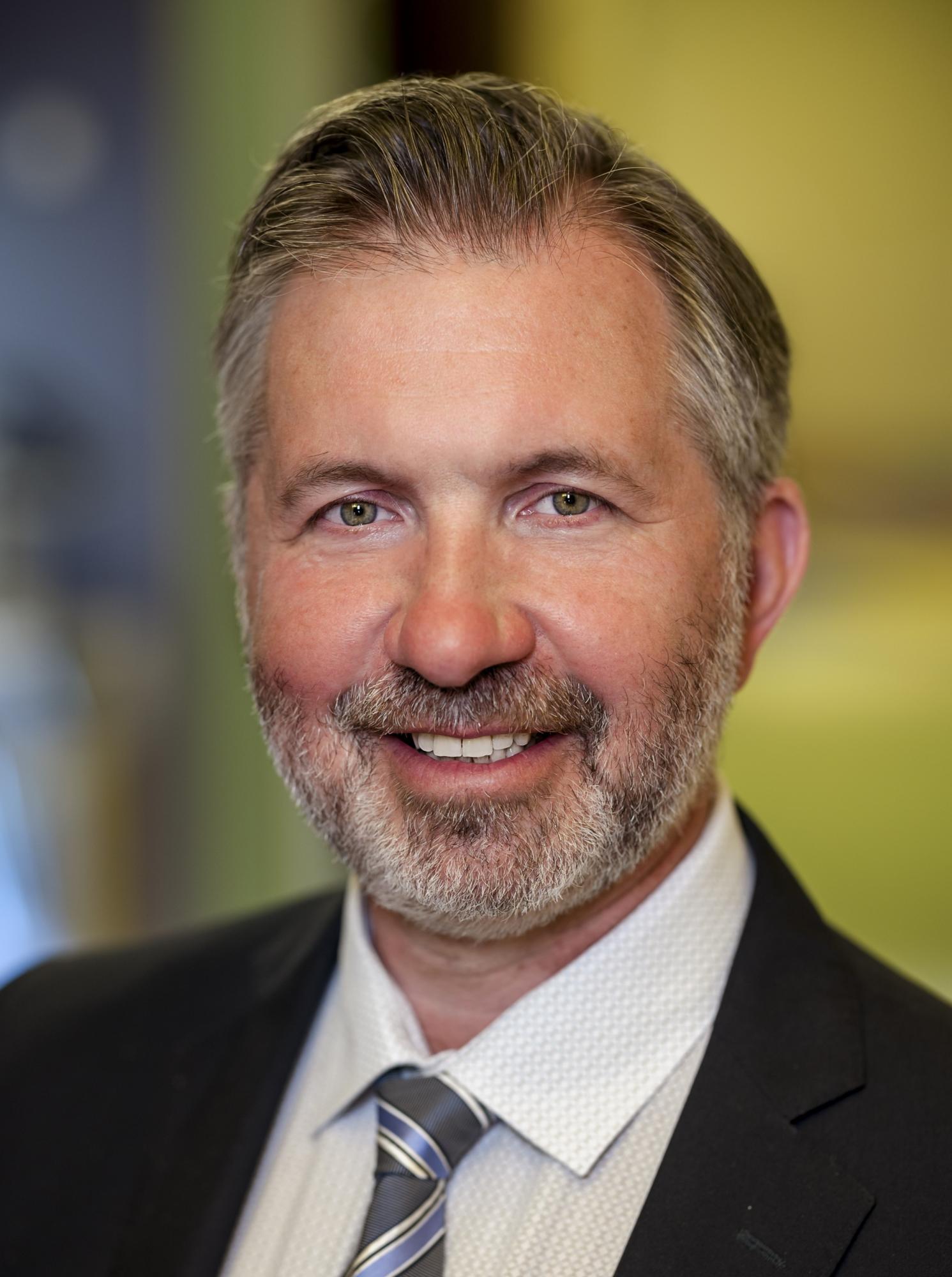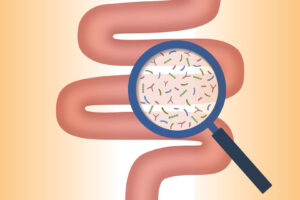 Renowned endocrine surgeon Alexander L. Shifrin, MD, recently joined the staff of Surgical Associates of CentraState and CentraState Healthcare System as surgical director of the Endocrine Center.
Renowned endocrine surgeon Alexander L. Shifrin, MD, recently joined the staff of Surgical Associates of CentraState and CentraState Healthcare System as surgical director of the Endocrine Center.
Dr. Shifrin specializes exclusively in the diagnosis and surgical treatment of thyroid, parathyroid and adrenal cancers and benign conditions, from common to complex. He has performed thousands of endocrine surgeries over his career, including the most advanced minimally invasive procedures.
A national leader in his field, Dr. Shifrin sees patients from throughout the region and across the country. He has been instrumental in prestigious clinical trials and is a prolific author, having written or contributed to dozens of textbooks and other publications on endocrine surgery.
Through Dr. Shifrin’s leadership and collaboration with CentraState’s network of endocrinologists, endocrine surgeons, oncologists, and other specialists, CentraState is expanding its endocrinology services into a regional destination for endocrine care.
“Dr. Shifrin is a thought leader whose expertise will greatly benefit patients near and far, and we are honored that he has chosen to practice here,” says Alexander Itskovich, MD, Medical Director of the Statesir Cancer Center at CentraState.
Dr. Shifrin received fellowship training in endocrine surgery at Columbia University College of Physicians and Surgeons and New York-Presbyterian Hospital, in trauma and surgical critical care at Penn State Milton Hershey Medical Center, and in general surgery at the Hospital of the University of Pennsylvania and Penn State Milton Hershey Medical Center.
“As part of my philosophy of care, I work closely with patients to factor in life circumstances and ensure personalized treatment with a high comfort level,” says Dr. Shifrin. “I’m thrilled to join the CentraState team, and I look forward to working collaboratively to expedite and advance endocrine care.”
For more information about Endocrinology and Endocrine Surgery at CentraState, visit centrastate.com/endocrine or call 866-CENTRA7 (866-236-8727).
Endocrinology Q&A
What is the endocrine system?
The body’s endocrine system is made up of glands responsible for creating and releasing hormones that regulate many important functions in your body, including growth and metabolism.
What do the thyroid, parathyroid, and adrenal glands do?
The thyroid is a butterfly-shaped gland in the front of your neck that controls how your body uses energy. Behind the thyroid are four tiny parathyroid glands that manage the level of calcium in your body, helping the heart, kidneys, bones, and nervous system work properly. The adrenal glands on the top of each kidney control metabolism, blood pressure, sexual development, and the response to stress – they make “fight or flight” hormones such as epinephrine (adrenaline).
What happens when these glands don’t function properly?
Because these glands help power your body, issues such as overproduction or underproduction of hormones can stem from or lead to various health problems. If an endocrine disorder is suspected, your doctor may order blood or urine tests, hormone tests, genetic testing, or imaging. Treatment may include medication, hormone therapy, or surgery, with management by a multidisciplinary team.
What surgical advances are available?
CentraState’s endocrine team offers the latest minimally invasive and video-assisted procedures, resulting in faster healing, less scarring, and a shorter recovery time. All thyroid and parathyroid surgeries are performed as same-day surgeries. Patients also benefit from specific techniques that contribute to a quicker recovery and greater satisfaction.
For example, Dr. Shifrin makes the smallest possible incision in the natural skin fold and uses surgical glue rather than stitches to close thyroid surgery incisions. He does not use drains or tubes, meaning no bandages, no dressing changes, minimal pain, and less scarring. In addition, great care is taken during surgery to preserve the delicate voice function by monitoring and protecting the vocal cords using special sensors placed on breathing tubes and in the muscles of the neck.





